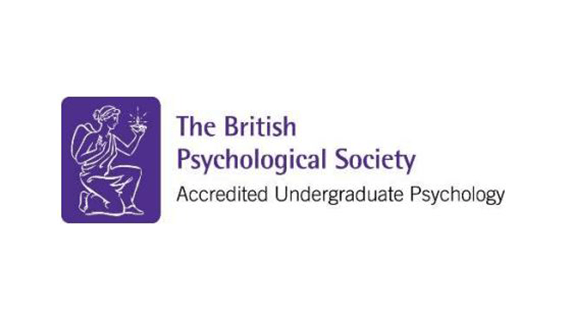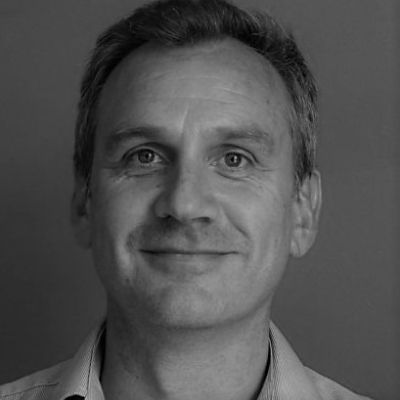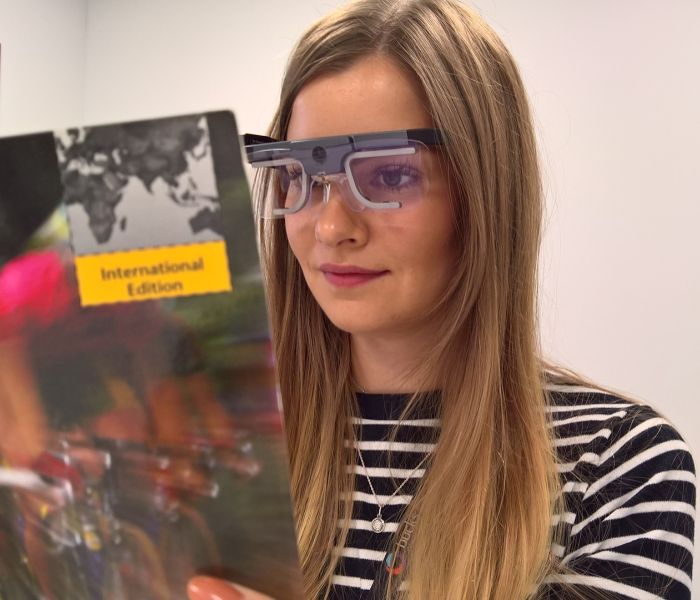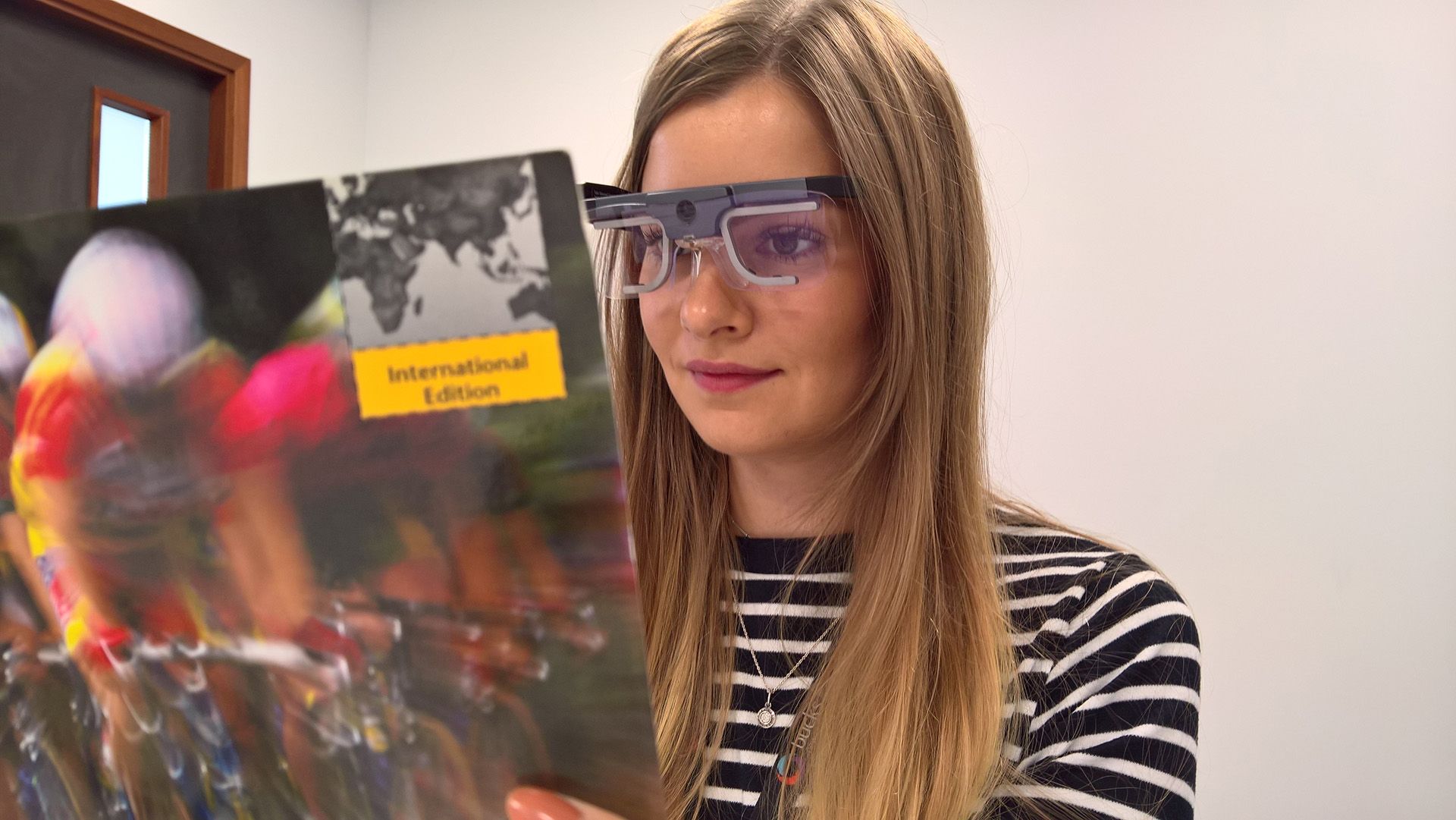
BSc (Hons) Forensic Psychology
- Study Mode: Full Time
- Location: High Wycombe
- Duration: Three or Four Years
- Start Date: September 2024
You can also study this course:
Gain the knowledge, skills, and experience you need to work in the legal system as you achieve new goals in forensic psychology.
On our forensic psychology course, you will learn the techniques needed to support in various different roles. Whether that’s solving cases, working within the prison system, or in the prevention of crime.
Why study this subject?
Whether you’re simply fascinated by psychology, criminal justice, or the prison service, gaining a psychology degree is a great choice. A psychology degree also gives you a strong foundation for a variety of careers, utilizing your knowledge of human behaviour and societal trends.
A psychology degree helps you gain an understanding of the root cause of behaviours, thoughts and emotions and explains them within the scope of scientific theory and evidence.
You can expect to build a deep understanding of yourself and how we operate within our social structures, and develop your analytical mind, nurture your curiosity, and understand communication and relationships.
Lectures and seminars are always very informative, interactive and also a good laugh with plenty of open discussion between students and with the lecturers. They are always very supportive of ideas and opinions as well as with our work, through punctual turn arounds on assignments and quick responses through emails.Emily Crawshaw
Why study at Buckinghamshire New University?
Being part of BNU means your making progress towards becoming a professional psychologist. Joining part of our welcoming community, you'll meet lifelong friends and gain knowledge from expert tutors who are actively engaged in forensic psychology. You can take advantage of the specialist facilities that professional psychologists use day to day, including virtual reality facilities, laboratory facilities containing equipment that tracks eye movement, emotions, communications, brain activity and more.
Upon graduation, you’ll be eligible for the Graduate Basis for Chartered Membership (GBC) and from there you can take steps towards becoming a Chartered Psychologist with the BPS. Our hands-on practical approach to teaching is designed to impart the skills needed to experiment and learn, developing your own understanding and knowledge, and helping you to push the boundaries of psychological research, whether this is based within the fields of medical science, counselling, forensics, sport, business, or society.
You can choose between BSc (Hons) Forensic Psychology or BSc (Hons) Psychology, BSc (Hons) Counselling Psychology, BSc (Hons) Psychology and Criminology, BSc (Hons) Sport and Exercise Psychology and BSc (Hons) Psychological Studies.
These specialisms are also offered as four-year programmes, including an initial Foundation Year. The Foundation Year will allow you to develop your academic study skills and build confidence in your abilities, identifying your own strengths and development needs for progression onto an undergraduate programme.
I cannot fault the quality of teaching, it’s excellent. The lecturers do all they can to support students. They are well experienced, kind, passionate, supportive and always available to help students in any way they can. The lectures and seminars are well prepared and delivered. I am enjoying my course, my time at BNU and the whole learning environment.Homaira Merzai

What will I study?
Forensic science has addressed the need for scientific specialties within the investigation and prosecution of crime. At the heart of every major case is evidence, and Forensics are an essential part of uncovering the full story.
As someone who works in forensics, you are interested in the facts, and you extract them from the background noise with precision, care, and skill. You will build up your analytical mind, able to recognize patterns and inconsistencies and communicate this in reports.
Understand the necessary framework needed to practice forensic psychology at a professional level. We want you to ask questions of us, develop your core skills, build your analytical mind, and more.
When you graduate from BNU you will have gained the skills you need to be empowered and confident in your future with psychological practice.
This course offers you the skills and framework needed to become a chartered psychologist with the BPS. you’ll be eligible for the Graduate Basis for Chartered Membership (GBC) and from there you can take steps towards becoming a Chartered Psychologist with the BPS.
If you choose to become chartered with the British Psychological Society (BPS) you can go on to practice psychology as a scientist, analyst, researcher, commentator, advisor or as a clinician.

Serial killer archive
At Buckinghamshire New University, there are a number of undergraduate programmes where students delve into why people commit crime (at a societal, biological and psychological level), how they are investigated and how they evade capture, the dynamic between criminal and victims (the victimology), the support for victims and the psychology of repair and rehabilitation. These programmes include the BSc. (Hons) Forensic Psychology which tackles the psychological aspect and the BSc. (Hons) Criminology and Forensic Studies which combines a study of criminology with an examination of the Forensic Science component of investigations.
Dennis Nilsen gained notoriety as a serial killer. During the period from 1978 to 1983 he preyed upon some of the most vulnerable members of certain societal groups. At the time, these marginalised groups were often dismissed and ignored by investigators. Additionally, there were often victim-blaming narratives perpetuated in the media. In 1983, Nilsen faced justice and was convicted of six counts of murder and two of attempted murder. His sentence was life imprisonment, initially with a recommendation to serve a minimum of 25 years, which was later changed to a whole life tariff. Nilsen died on May 12, 2018, at York Hospital, due to medical complications following surgery.
The case remains a significant chapter in criminal history for many reasons. BNU has acquired an extensive collection of various personal documents and materials connected to Dennis Nilsen which will benefit students’ learning on Forensic Psychology and Criminology degree courses (undergraduate and postgraduate). The archive will also be used to support research projects available to funded research students and, once digitised, be available to academic researchers. The University will ensure that the archive is used only to develop our students’ learning and to support wider academic research. BNU will ensure that all those who access the archive are respectful to Nilsen’s victims and their families.
The Forensic Psychology team at Buckinghamshire New University is privileged to host the archive which includes thousands of pages of Nilsen’s own writings, stories and poems, personal photographs, his and others artwork, as well as a number of his own personal effects, including his typewriter. This provides an opportunity for our students to explore the mind of a serial killer; as if we can seek to understand, then we can potentially reduce future crimes.Dr. Nicola Mallowan Course Leader for BSc. (Hons) Forensic Psychology, Group Lead for the Drug and Alcohol Research Group; Interim Course Leader for MSc. Applied Forensic Psychology

What facilities can I use?
On our Psychology degree, you will benefit from hands-on learning, using our state-of-the-art facilities.
In our laboratory and computing workshops, you’ll use software and equipment that social scientists use in the field to present research data. You will use industry standard equipment as part of these courses to build your own experience using a range of professionally recognizable equipment.
Gain the skills to use our observation laboratory for the measurement of psycho-physiological responses using eye trackers as well as the activity of the cardiovascular system, brain, autonomic nervous system and more.
You’ll use our eye tracking equipment and virtual reality software to test what happens when our local conditions change, and how the brain reacts to those changes.
The facilities at BNU are always here for your use, and we have heavily invested in them with the goal of providing the best space for your own experiments. We want you to use them to push your skills and gain all the experience you feel you need to go on and get a job, as what you do here is what you could be doing when you start work in psychology.
We’ll also sign you up to our Virtual Learning Environment which means you’ll have access to lots of online resources wherever you are! The VLE is an additional online learning platform that supplements your core degree content.
How will I be taught and assessed?
This course is accredited by The British Psychological Society (BPS), which means certain modules are incorporated into the course, which you must pass to achieve the Graduate Basis for chartered membership.
Upon graduation, you’ll be eligible for the Graduate Basis for Chartered Membership (GBC) and from there you can take steps towards becoming a Chartered Psychologist, which is a highly desired accreditation.
There are many ways you can be assessed, and assessments are designed to help you learn and identify certain areas you need to improve. We use a variety of assessment techniques to look at your ability and areas you may need support with. You must pass the module assessments to progress with the course. Some of the methods we use are:
- exams
- presentations
- group work
- projects
- labs
- coursework
I have always loved psychology and the further along the course, the more freedom there is. The option to choose modules in the last year also lets me study exactly what I love. The facilities are really great; the library and other course-related facilities are super accessible to students.Emma Fraser-Mills

What are the course entry requirements?
A typical offer will require a UCAS tariff score of: 104 - 128 (Full-Time) or 32 - 56 (Foundation Year)
UCAS points can be obtained through qualifications such as A levels, T levels, BTEC or an Access to Higher Education course in a relevant subject. Please list all your qualifications on the application form as you will be asked to provide copies when we receive your application.
For this course, you'll need at least two A-levels and a GCSE Maths and English at grade C/4.
For further details of our international English entry requirements, please visit our international pages.
Applicants who do not meet the minimum requirements for the three-year undergraduate programme, or those who do not feel fully prepared for a degree course, can apply for a four-year programme including a Foundation Year; find out more.
Modules
This provides a guide of the modules that make up your course. You can find more information about how your course is structured on our Academic Advice section.
This course has Opportunity modules.
Opportunity modules are a key part of the BNU curriculum. You’ll choose modules in both your first and second year from a broad selection in areas such as sustainability, entrepreneurship, creativity, digital skills, personal growth, civic engagement, health & wellbeing and employment. Opportunity modules are designed to enable you to develop outside the traditional boundaries of your discipline and help you to further stand out from the crowd to future employers. Find out more.
What are the tuition fees
Home
-
Home, Academic Year 2024 - 2025: £9,250 per year
International
-
Overseas/International, Academic Year 2024 - 2025: £15,150 per year
What are my career prospects?
With such a strong academic grounding, as well as the transferrable skills you’ll develop along the way, you are well-placed to succeed wherever you go.
There are many options to explore with your psychology degree; it’s the first step to starting postgraduate study in a more focused area.
If you’d prefer to dive right into the world of work and explore a career in health, education, local government, or the private and public sector, you could consider careers in the Civil Service, Her Majesty's Prison & Probation Service (HMPPS), local authorities and the NHS.
Graduates can choose to continue their studies at BNU and study a postgraduate programme, such as our MSc Applied Positive Psychology, MSc Mental Health and Wellbeing in Education, or even the MSc Cognitive Behavioural Therapy.
There are numerous opportunities which your degree could help to open. Our graduates have gone on to successful careers in psychology, clinical psychology, forensic psychology, therapy, nursing, and private and public businesses.
The course seemed very open and I knew it would keep my options open to then specialize later rather than specializing early and therefore restricting my options later in my career.Piers Bowden

Course leader






- Associate Professor
- Course Leader for MSc Mental Health and Wellbeing in Education

- Head of the School of Human and Social Sciences
- Associate Professor of Education & Research








